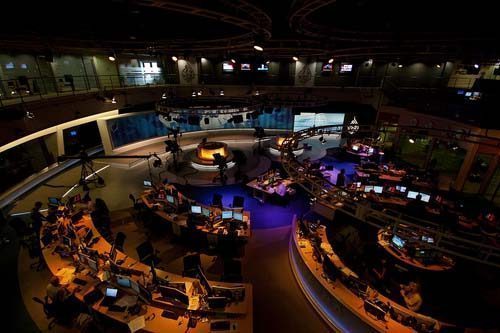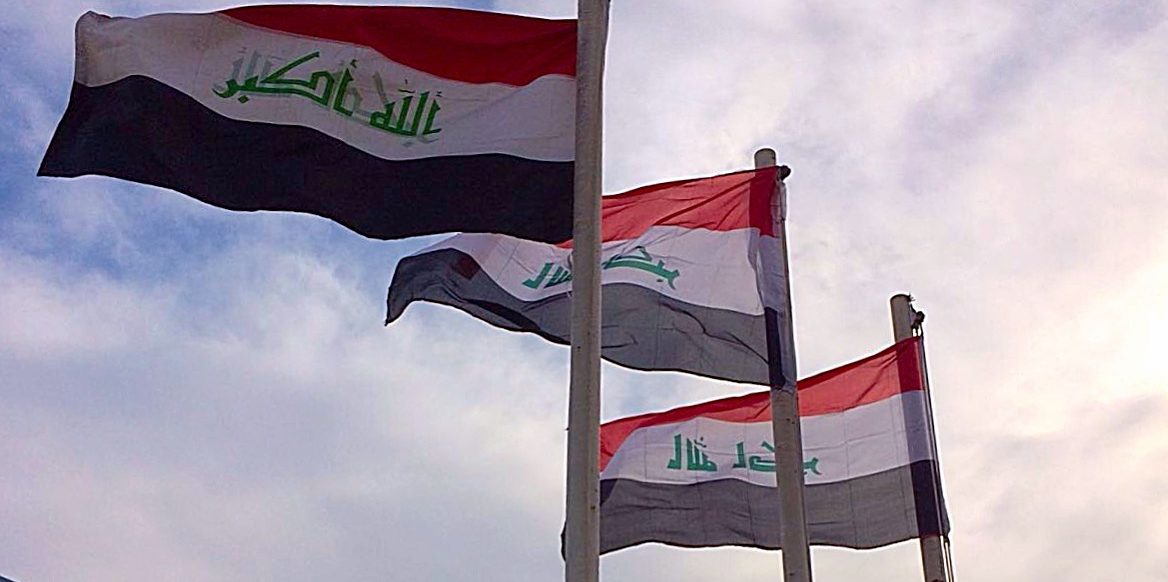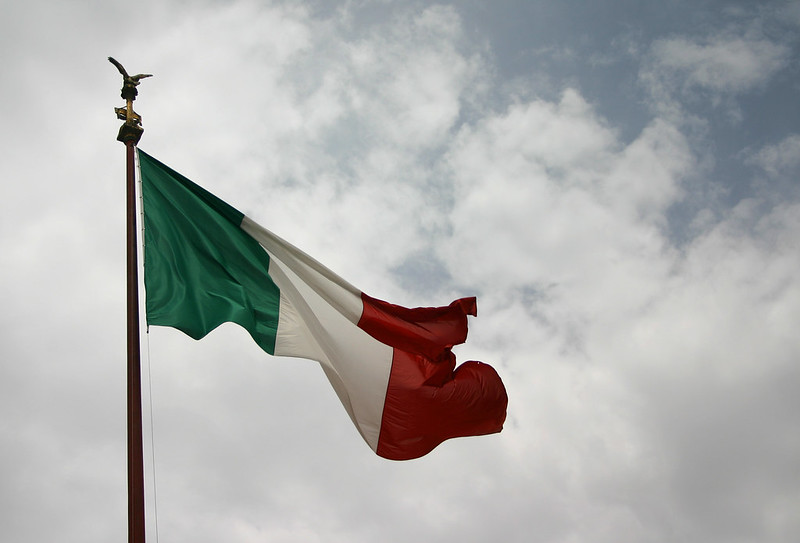
Though it is the home of renowned international news network Al Jazeera, Qatar’s local media lacks a voice, asserts Shehan Mashood in an article for this month’s The Edge magazine. He writes:
“Some media experts inside the country feel that the same same drive and ambition apparent in so many aspects of the country is not matched when it comes to developing the local media.”
But how to tackle problems such as self-censorship that are facing newspapers, radio stations and television programs here is up for debate.
Everette Dennis, dean of Northwestern University in Qatar, proposes that Qatar develop a “Media City,” to be operated along the same lines as Qatar’s Financial Centre, which has its own laws and regulations independent of the country’s.
UPDATE: NU-Q has issued a clarification regarding the Media City remarks:
The dean raised the “media city” concept as one of many ideas that Qatar might consider in the development of its media industry, but did not propose or advocate for the notion. He has not taken a position on whether Qatar should or shouldn’t create something like a media city.
Khaled El Sayed, editor-in-chief of the Peninsula, said establishing free zones would allow Qatar to skip the vital task of establishing a vibrant media on its own terms. He adds, however:
“As a newspaper, I should know what my boundaries and limits are.”
Media law critique
The article also tackles Qatar’s new media law, which has yet to be implemented. The draft law, a revision of the 1979 regulations, bans the imprisonment of journalists if they contravene the rules, proposing that they pay fines of up to QR1 million instead.
But vague reporting restrictions have prompted criticism from locally-based journalists as well as groups abroad, including international NGO Human Rights Watch, which called the draft law “a commitment to censorship.”
Another potential cause for concern is that the new law is supposed to bring social media under its auspices, and govern online news outlets in Qatar.
Doha News editor and co-founder Shabina Khatri asserted in the article that this would have “a chilling effect on free speech.”
“I really don’t know what the future holds in terms of online content because it is really hard to regulate. The internet is borderless,” she added.
Doha Centre for Media Freedom director Jan Keulen agreed, telling Mashood that technological developments could make the law obsolete.
Thoughts?
Credit: Photo by Patrick Gage







